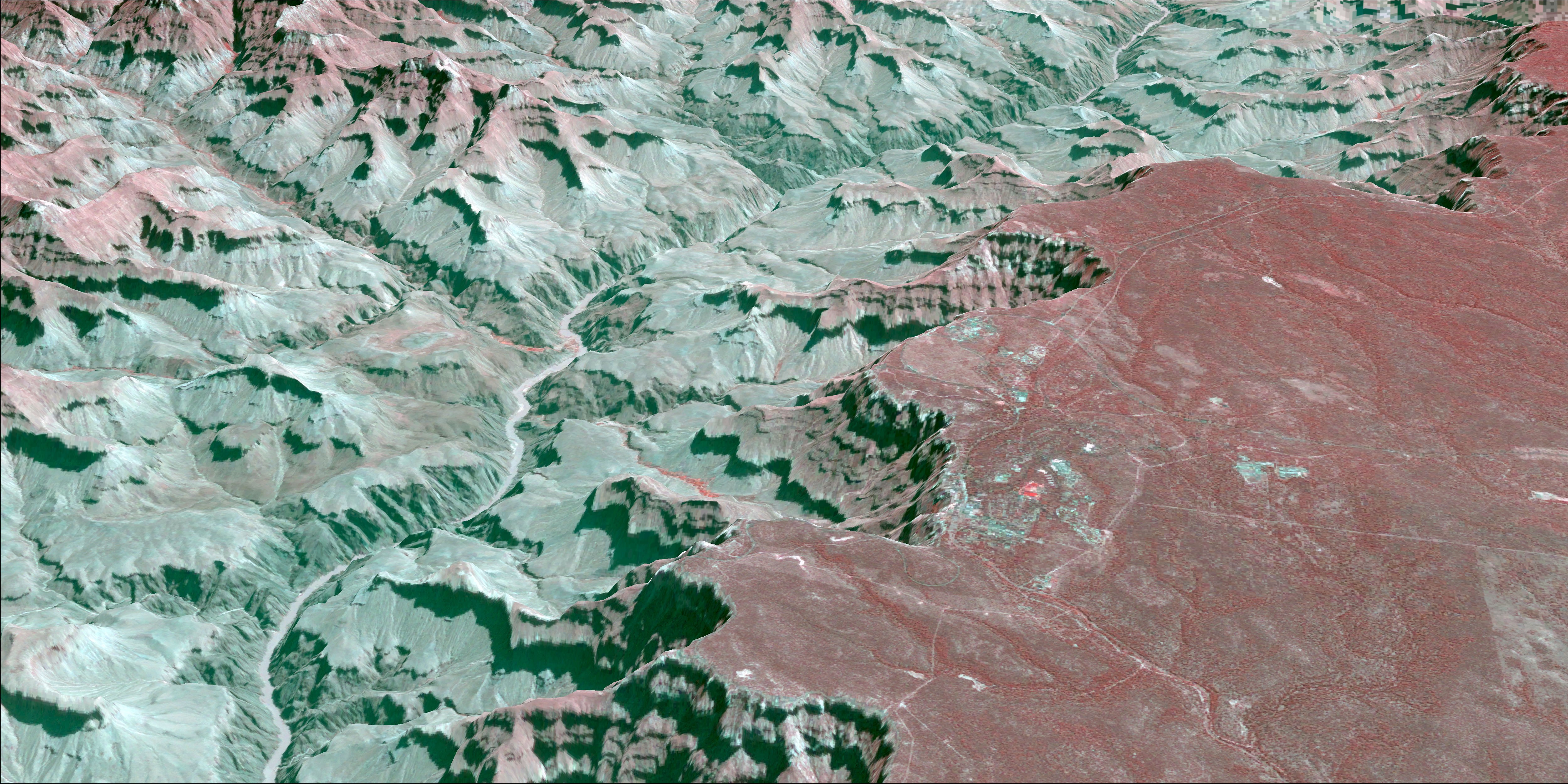Accessing and Working with Planet Labs Imagery Data

During this two-hour workshop session, ASU participants can expect to:
- Learn about the ASU Planet Incubator Program
- Differentiate between Planet satellite sensors (PlanetScope and RapidEye)
- Gain exposure to methods for accessing Planet imagery data
- Navigate the Planet Explorer interface and search for scenes
- Explore and filter by different types of Planet imagery options
- Order and download Planet imagery
- Import data into an open source GIS platform (QGIS)
- Create multi-band false- and true-color composites
- Re-project (warp) image coordinate reference systems
- Mosaic (merge) multiple scenes
- Basic raster calculator functions
- Raster value extraction by polygon
The Planet Incubator Program provides access to an unprecedented level of Planet's daily stream of imagery data.
All workshop participants must first apply for their Planet Labs Inc. account by completing the registration form found at the PIP website (https://gdcs.asu.edu/programs/planet-incubator-program).
Workshop Instructors:
- Megs Seely
- Matthew Toro
Matt Toro
ASU Library
matthew.toro@asu.edu